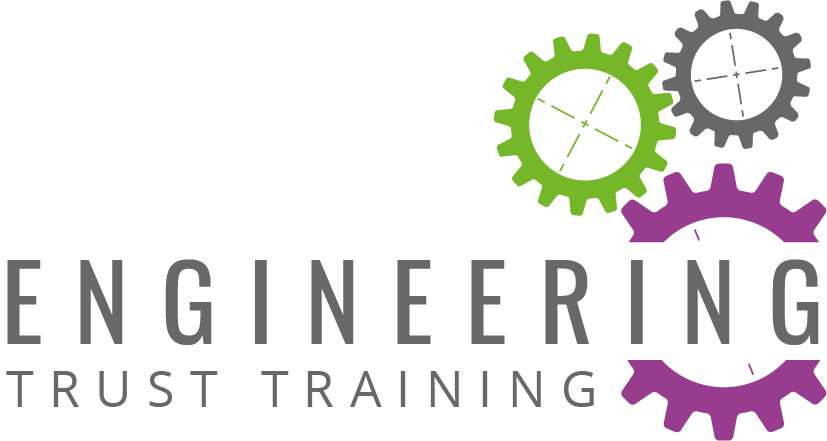
The Impending skill shortage in Engineering
A study carried out by The Engineering Construction Industry Training Board predicts by 2026, 91,000 engineers, nearly 20% of the current UK Engineering workforce, will have retired or be just about to. Additionally, they predict 29,000 technicians, which is nearly 18% of the current technician workforce will have retired.
What the Engineering world is short of is Engineers
The personnel heading for a well-earned retirement carry years of invaluable experience which can’t be replaced overnight. It is imperative that this group of people are given the opportunity to pass on their knowledge to the next generation of budding engineers. A key part of any initial training and introduction to a career in engineering is to absorb as much information as possible from those around them who have been there, done it and are experts in their profession.
So, now more than ever is the time to prepare and plan to make sure the right talent is in place to carry on the fantastic work of the engineers before them.
Future planning
The Covid-19 pandemic has caused many businesses to concentrate on the short term, and rightly so in order to be here for the long term. However, where possible, businesses are considering the future needs in terms of workforce and planning how they will progress as an aging workforce moves towards retirement.
From our point of view, we deliver apprenticeships which are not a quick fix to the shortage of skilled engineers. With programmes taking as long as 42 months, they are a method of training that takes foresight in order to benefit from. A new apprentice will spend much of that 42 months absorbing knowledge from experienced engineers and having people within your business who can pass on that information is invaluable. The key however, is to have the apprenticeship scheme up and running before you need the person fully operational and with enough time to gather knowledge from the experienced engineer before they walk out the door to spend more time in their garage, taking things apart and putting them back together (presuming that is what engineers do when they retire?).
Creating a pipeline
In an ever changing and advancing technological world, engineers are needed in multiple disciplines to find the solutions and answers to world issues. As more and more brilliant and creative solutions are developed and implemented the demand for skilled engineers continues to grow. The creation of a pipeline within engineering businesses is important to keep a constant flow of new engineers entering the sector. Apprenticeships are an ideal way to create this and allow a business to establish a pattern of recruitment that consistently introduces new, local talent to the workforce.
Starting the person at an entry level also makes it cost effective for the business with the apprentice’s wages growing in tandem with their skills and productivity. One of the main barriers to bringing skilled engineers into a business in Oxfordshire for example, where we are based, is the cost of living. Many engineers looking to work in the county find it challenging, if not unachievable to relocate, driving up their wage expectation. Therefore, having a long term strategy to ensure your business has a flow of locally developed talent to meet your staffing needs is important and achievable using apprenticeships, it just takes time.
Now is the time
As an industry, great strides have been made to drive interest in STEM careers, raising awareness of young people that engineering is a highly rewarding career path to choose. This has meant the volume of high quality young people with an interest in engineering has increased and many are looking to apprenticeships as their route in. Combine that with the current government employer incentives (up to £3k for new starts before the end of January 2021) means there hasn’t been a better time to take on an apprentice, taking the first step towards developing a pipeline for your business.
So, take stock of your workforce and see if your business will have a skills shortage by 2026? If the answer is yes, then now is the time to act and begin to guard against gaps in the future by developing an pipeline of talented, skilled staff.
Don’t let the knowledge of experienced staff go to waste, pass it onto an apprentice.
